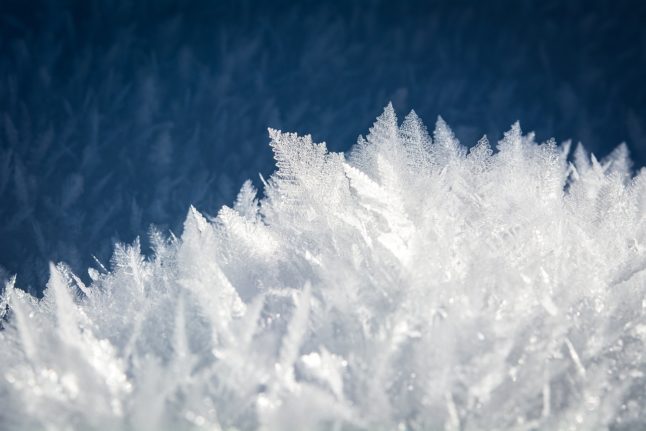The storms started on Sunday in the west of the country and moved eastward, dousing central Switzerland with water.
The canton of Bern was particularly hard hit, with images showing flooded houses and basements, along with damaged roads and paths.
Some of the floodwater made it into drinking water supplies, with authorities warning residents to boil the potentially contaminated supplies before drinking.
The EWK warned residents of Herzogenbuchsee, Aeschi (Steinhof), Hellsau, Höchstetten, Seeberg, Thörigen and Willadingen on Thursday to boil their water.
“Boiling guarantees the killing of pathogens,” the statement said.
“We recommend using mineral water for drinking and as baby food. Have you already consumed the polluted drinking water? Observe yourself, if you develop a high fever, diarrhoea and/or vomiting within 48 hours, consult a doctor.”
The EWK also warned that the water might smell and taste of chlorine in the coming days, but that this posed no damage to health.
“The drinking water is now being treated and a mains flushing is being carried out. As a result, the water may have a distinct odour or taste of chlorine over the next few days”
Even brushing teeth or washing dishes with the water still risks contamination. Showering, washing clothes and using the dishwasher does not risk contamination, according to the EWK.



 Please whitelist us to continue reading.
Please whitelist us to continue reading.
Member comments